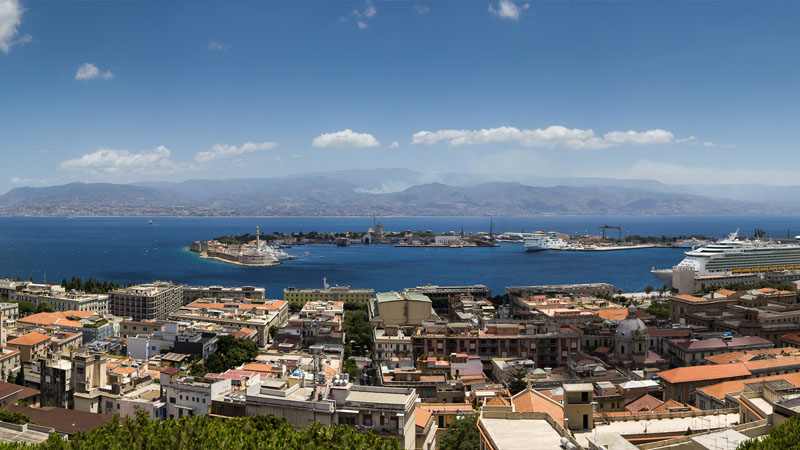Exclusive content

The recent EU Regulation 2024/259 has delivered a blow to the deep-sea shrimp industry in the Strait of Sicily, Italy. The regulation mandates a further 3% reduction in the capture of deep-sea shrimp in specific fishing areas, including GSA 12/13/14/15/16, covering the Strait of Sicily and the western region of the island.
The Perspective of “Blue Sea Gambero Rosso”
Maurizio Giacalone, the president of the “Blue Sea Gambero Rosso” Producers’ Organization, and a prominent figure in the industry, expresses concern over the economic ramifications of these measures. According to Giacalone, these regulations directly impact the income of businesses and fishermen, posing a significant economic challenge for the sector.
Navigating Financial Impacts
Environmental and conservation regulations often come at a cost to industries reliant on marine resources. While acknowledging the necessity of ensuring long-term sustainability, Giacalone suggests that exploring support or adaptation measures could help mitigate the negative effects on the fishing industry.
Progressive Reduction by 2030
Despite the potential for support measures, it appears that the European Union is committed to a clear and progressive reduction of trawling activities between now and 2030. While any support may offer temporary relief, the overarching direction indicates a concerted effort towards sustainable practices, even at the expense of short-term economic gains.
Struggle for Representation
The decision-making dynamics within the EU have not been favorable to the Italian fishing industry. A lack of effective representation on key matters, coupled with the inability to lobby successfully, has left the industry vulnerable. Italian fishing, particularly in the Strait of Sicily, finds itself facing challenges arising from political divisions driven by electoral and consensus considerations.
Unity Amidst Division
In the Mazara del Vallo sector, unity has proven elusive. The sector, historically divided by political affiliations and considerations, now faces the repercussions of its fragmented stance. The inability to present a united front has left the industry weakened, exacerbating the challenges posed by the EU’s regulatory decisions.